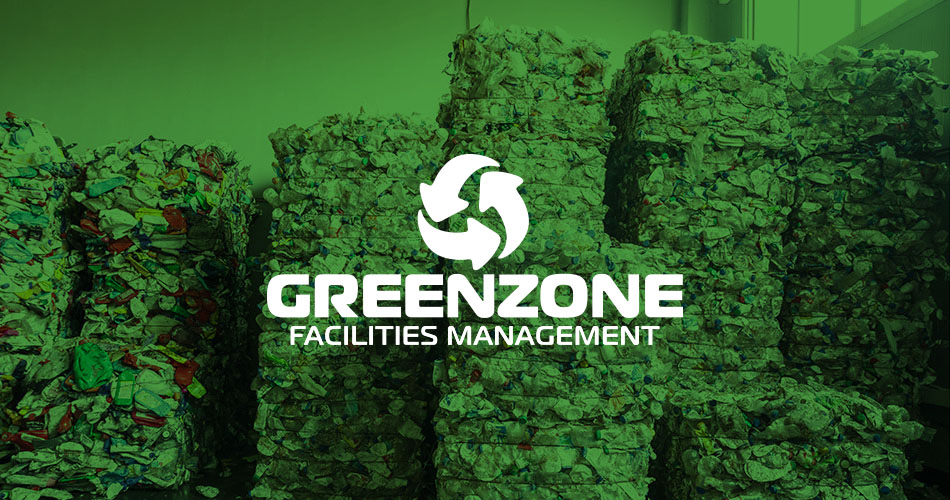Some 62% of households reported that they recycled more in the past year. But 82% mistakenly put one or more items in for recycling that were not accepted locally, mainly plastic film/wrapping, toothpaste tubes and glass cookware.
WRAP said the findings showed that recycling was now established as normal behaviour, with 87% of households saying they regularly recycle, while only 9% recycled occasionally and just 4% rarely or never did so.
WRAP rated 50% of households as ‘higher performing recyclers’ who disposed incorrectly of only two or fewer items, while 25% misplaced three or four items and the rest five or more.
The most frequently cited barrier to recycling was uncertainty about what can or cannot be included, mentioned by 38%, while others cited a lack of capacity in their recycling bin and the council not collecting enough categories of materials.
WRAP director Peter Maddox said: “We still have a way to go in terms of correctly identifying what can and cannot be recycled.”
Among WRAP’s findings were that 60% of UK households think the majority of those around them recycle, compared with 13% who think that no more than half of local residents do so, suggesting that recycling is increasingly seen as normal behaviour.
But figures fell for food waste recycling, where only 41% thought doing this was usual.
The main motivations given for recycling were that it was ‘the right thing to do’, which was cited by 69% of households, while 62% said it was a habit and the same proportion mentioned their desire to help the environment.
‘Preserve the planet’s resources’ was cited by 51%, the need to address climate change by 48% and reduction of their personal carbon footprint by 44%.
WRAP noted: “There has been an increase in positive environmental outlooks, with a significant increase in the proportion agreeing with the statement ‘I am prepared to make lifestyle compromises to benefit the environment’.”
Those willing to make such compromises rose from 64% in 2018 to 72%, although WRAP said it was unclear if this showed a sustained trend.
Orginal Source

